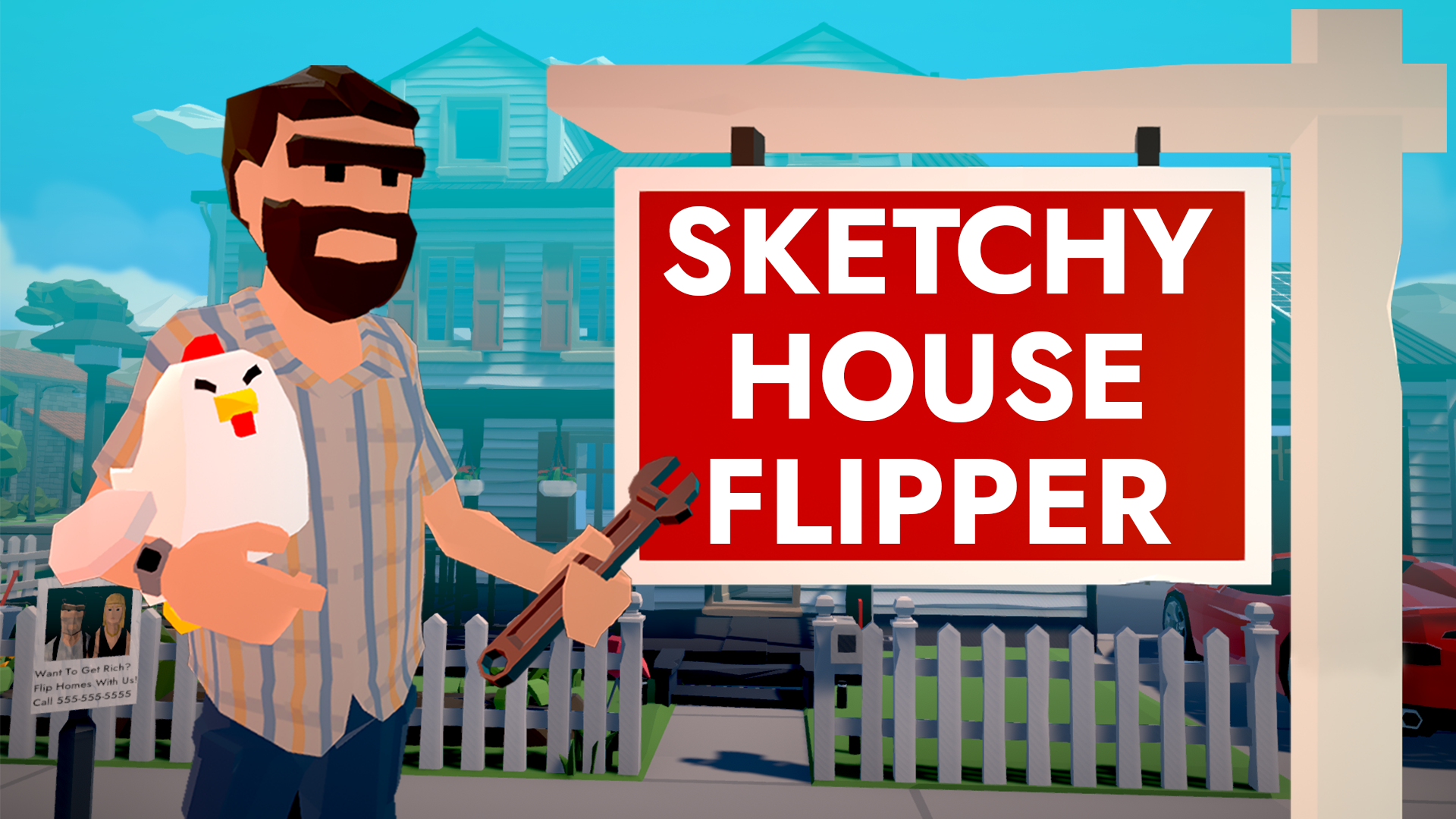Hey there! My name is Kirt Olson. I am NOT someone who studied computer science in college. I am NOT someone who grew up doing any form of art...unless you count painting Easter Eggs once a year. I am just an average guy with a family who works full-time as a real estate agent.
About a year and half ago, I decided that I wanted to learn how to make video games as a hobby. This month I found out that my first commercial game, Sketchy House Flipper, got approved on Steam. I wanted to write this article to help others who may have dreamed about making games, but maybe felt like they missed their chance to do so...HINT...you haven't!
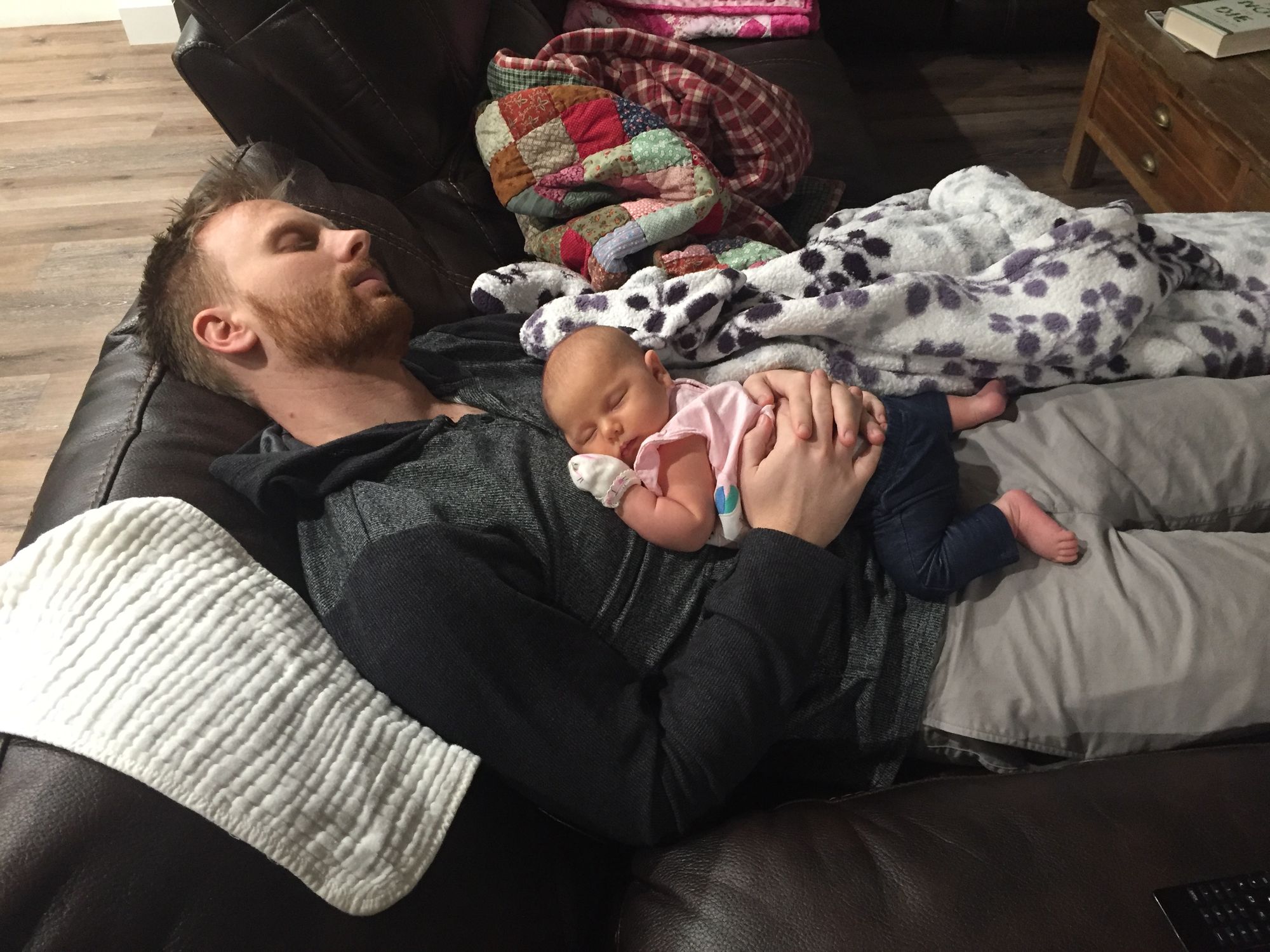
In February of 2019, I was working full-time and busy being a new Dad with my first-born child. I was frustrated with the stress of my job. One day while scrolling through Facebook, I saw that one of my college roommates had released a game on Steam that had sold extremely well. I reached out to him to ask how he did it. Did he have a team of people? Did he obtain a college degree that helped him to make the game? The answer was NO.
I was shocked! I didn't think it was possible to make a video game all on your own. Especially if you didn't know how to code. My friend spent evenings and weekends in his free time teaching himself how to code and to use Unity. He told me that it was a lot of hard work, but if I put in the time and effort, I could learn how to make games too in my free time...even with all of life's responsibilities. He was right!
So how did I get from knowing nothing about coding or art to getting my first game on Steam? All within a year and half while working full-time and prioritizing quality time with my family as well? Here are four things that made it possible:
1) Make a schedule
I was passionate about learning how to make video games, so I made a goal to do this every day. Even if I only had 10 minutes one day, I would try to do something small like choosing a font for a game menu or watching a Game Developer Conference (GDC) talk on level design. Here is a link to one of my favorite GDC talks from the creator of the game A Short Hike.
My schedule
6:30 AM-8:00 AM
Woke up, helped my wife get the baby ready for daycare, got ready for the day, ate breakfast, and left for work.
9:00 AM-5:30 PM
Work
6:00 PM-9:30 PM
Dinner and Family Time
9:30 PM-12:00 AM
Game development time till 12 AM then I went to bed.
I had to make a lot of sacrifices to learn as much as I did in a short period of time. One sacrifice I didn't want to make was time spent with my family. I spent 17 hours each week learning how to make games, but I also made sure to have family time each day since this is the most important thing to me in my life.
Everyone has different responsibilities and priorities. The schedule above is what worked for me. However, you must find a schedule that works for you–it may be completely different than mine. You may have more or less time than I did, but the most important thing is you don't have any zero percent days. Do something every day to improve as a game developer.
2)Learn the basics
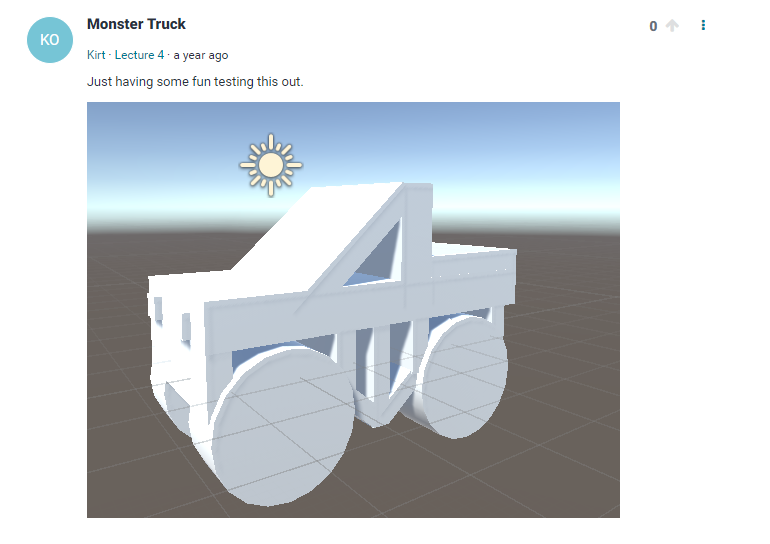
After doing some basic research, I chose to go with the Unity Game Engine. But I wasn't sure where to go from there. I didn't know how to use it or how to code? I knew that there were tutorials on YouTube, but I was busy. I didn't want to waste time trying to figure out what I didn't know, what to search for next on Google, or go through endless forums for help. I wanted a class that was structured and straight to the point.
That is when I saw Udemy was having a big sale. I saw one course from GameDev.tv that taught how to program in C# and how to build 3D games in Unity. It had nearly a 5-star review with over 100,000 students. That sounded pretty good. I figured I might as well try it out and see if game development was for me.
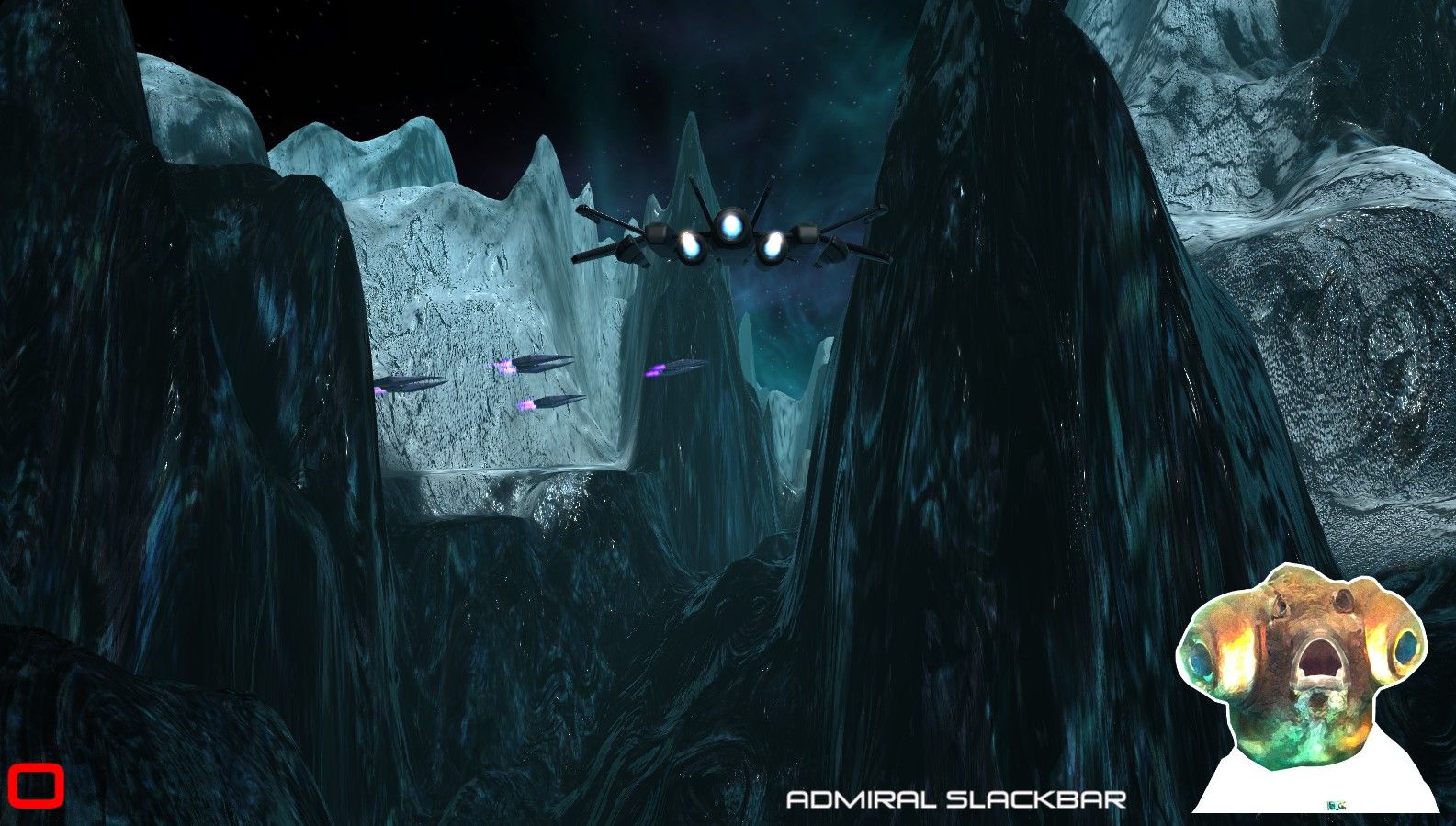
I LOVED the course! I got so excited building each of the games in the course from Project Boost to Argon Assault. When I finished the course I wanted to learn more! I decided to take the 2D course by GameDev.tv. Even though I wanted to make 3D games, I really enjoyed this course as it helped me practice my programming in C# and get more familiar with Unity.
After those two courses, I still couldn't get enough of game development. I ended up taking 5 more courses on Udemy. I learned more Advanced C# coding in an RPG course, I took a Unity Lighting course, a Unity AI course, and a couple of Blender courses.
These courses were all extremely beneficial, but I had to be careful. I didn't want to become a perpetual student due to personal fear of failing on my own game. Eventually I needed to try and build something of my own.
3) Make and publish lots of small games
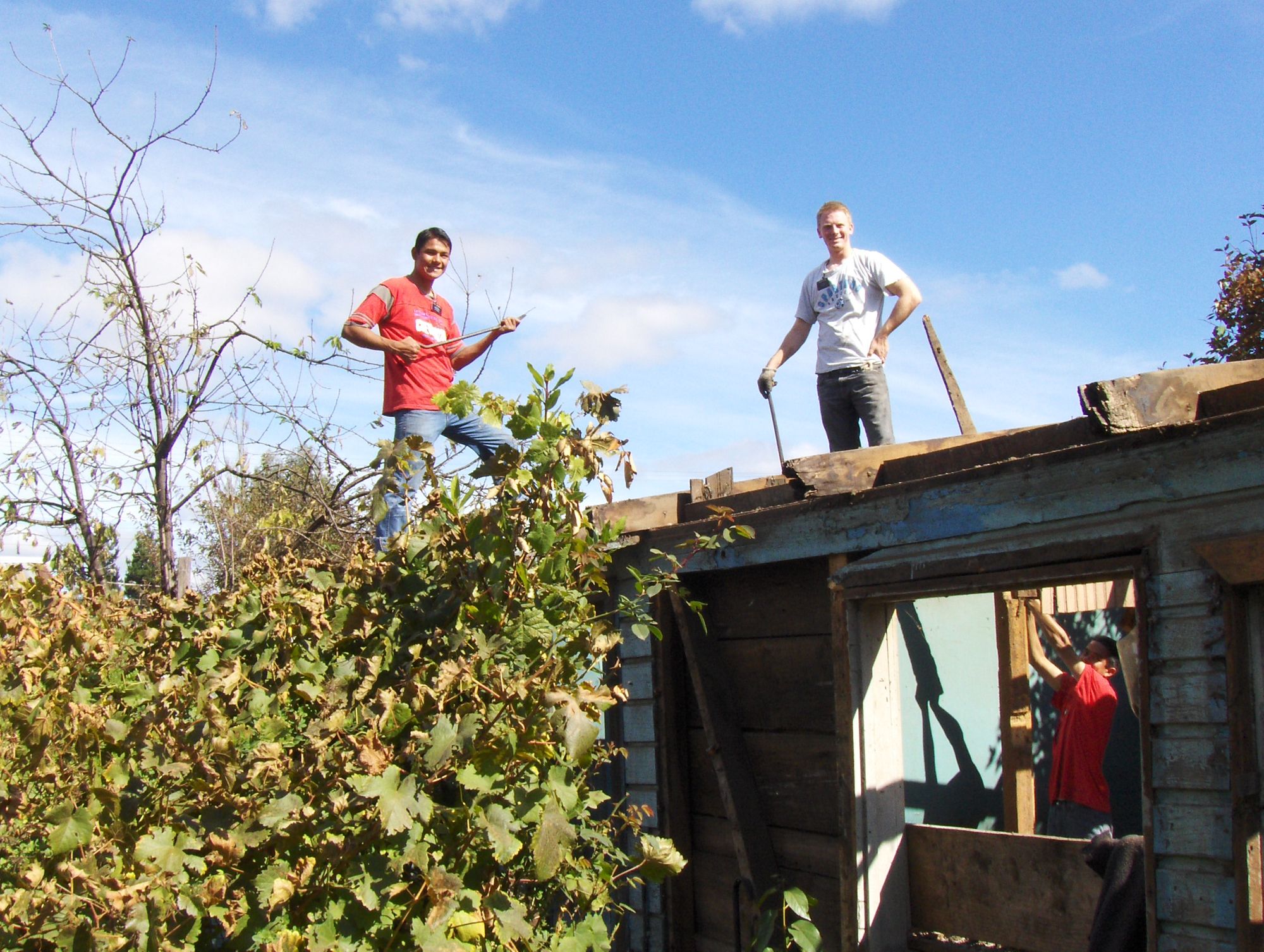
I lived in Chile in South America for two years when I was younger. While I was there, I learned how to speak Spanish. When learning a new language I found that you will pick it up faster if you learn some of the basics first like grammar, vocabulary, the important phrase "how do you say..."
However, once I had a good handle on the basics the next step to learn quickly was by getting out and talking to others. As a naturally shy person, I really had to push myself and get out of my comfort zone. Sure, I said the wrong things often...which led to some really funny reactions from people. Some people even criticized me and gave me a hard time. However, I also found that there were a lot of people that were willing to help me, and I learned a lot from my mistakes.
I think that making games is very similar to learning a new language.
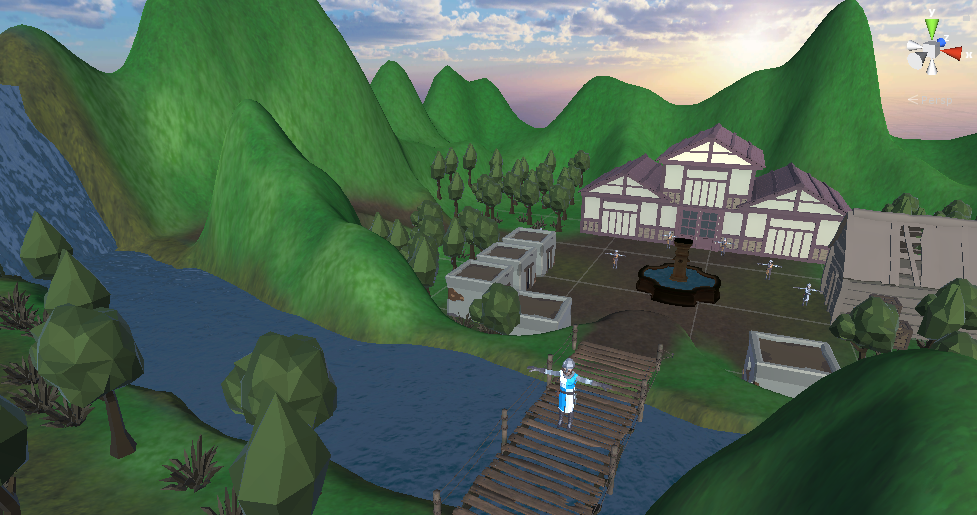
Once you've learned the basics of how to use Unity and how to do some C# programming, you need to start making lots of small games and publishing them for others to play. A great website to publish games and get feedback on them is Itch.io (which is free and pretty quick to set up).
When I first started learning how to make games, I was too worried about trying to make my own game that wasn't from a tutorial. I often felt like I didn't know enough to start my own game. I'd probably get stuck. People wouldn't like it. My art wasn't any good. There would be too many bugs in my game. These were all excuses that I kept telling myself. Looking back the one thing I would have changed is being braver and trying to make small simple games earlier on and publishing them for others to play.
It's too easy to make the excuse that I just don't know enough yet. The secret is you will never know everything! There is still SO much that I don't know. If you want to wait until you know everything you'll never make a single game. A big part of being an indie game developer is not knowing how to do everything but learning how to solve problems on your own. There are so many great resources for help from plain google searches, Unity forums, Discord servers like Gamedev.tv, etc.
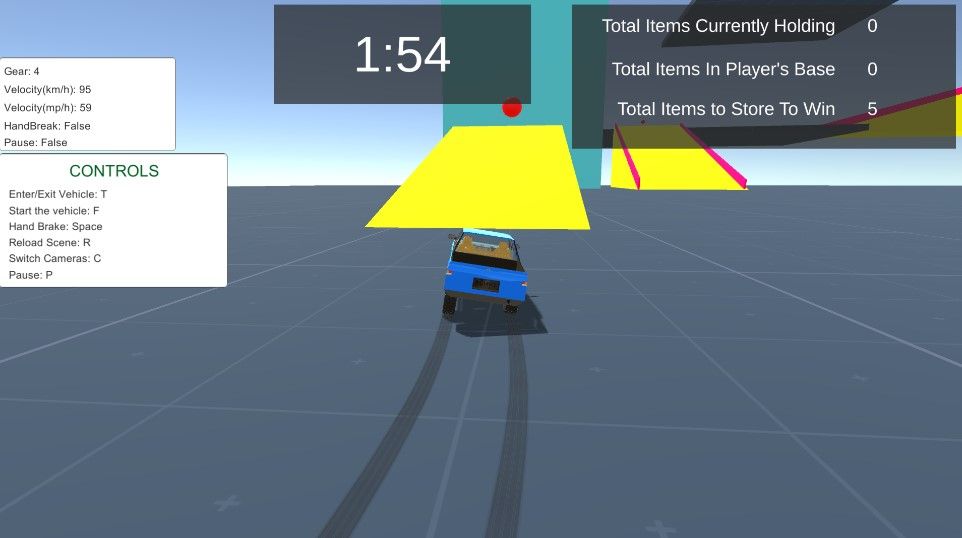
The first small demo game I made was a driving game where you had to collect all the red spheres hidden around an obstacle course within the time limit. I didn't end up publishing this one, but I built in just a couple of days with assets from the Unity Asset Store. I learned a lot!
Even though it was a small game, it was my first one with a start and end. I taught myself how to do timers and how to do a simple User Interface (UI) display on the screen. It wasn't much, but I was proud that I created something on my own. This gave me more confidence to work on more small games.
Once I'd built a few small games, I returned to the GameDev.tv 3D course and took the new Zombie Runner section. I had so much fun with that section that when the section ended I decided I wanted to make it into a full game, Patient Zero.
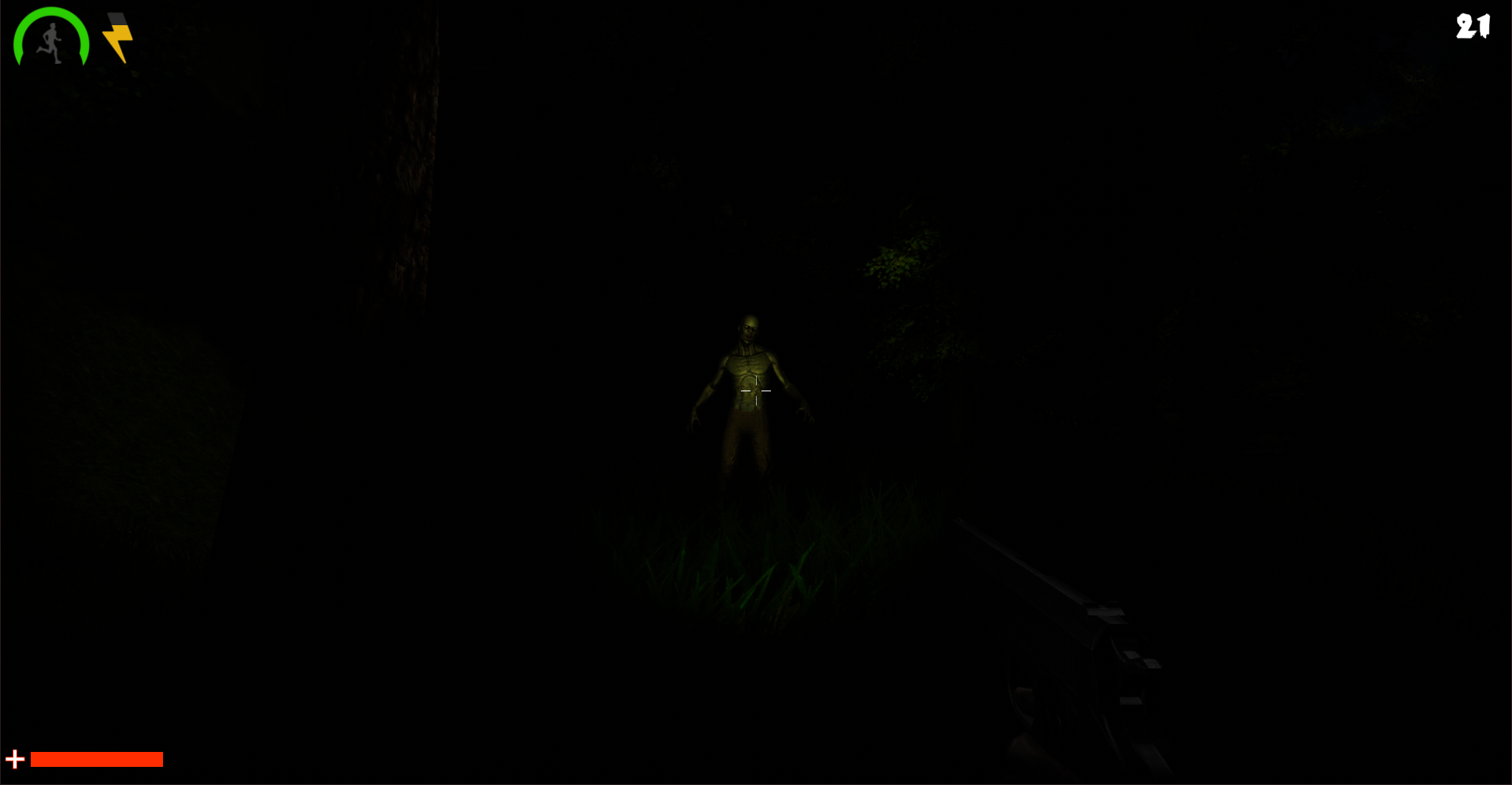
I spent about 2 months working on the game. I added a main menu, a how to play level, energy meters, secret hidden blue skulls (I don't think anyone has ever found all of them yet), a secret super weapon, a main villain, and more. This project pushed me to my limits! I learned so much while doing this project, such as occlusion culling, probe lighting, dynamic sounds and music, animation, trigger zones, etc. Nearly all these things I learned on my own without the help from a course or an instructor. This experience taught me how to solve problems on my own.
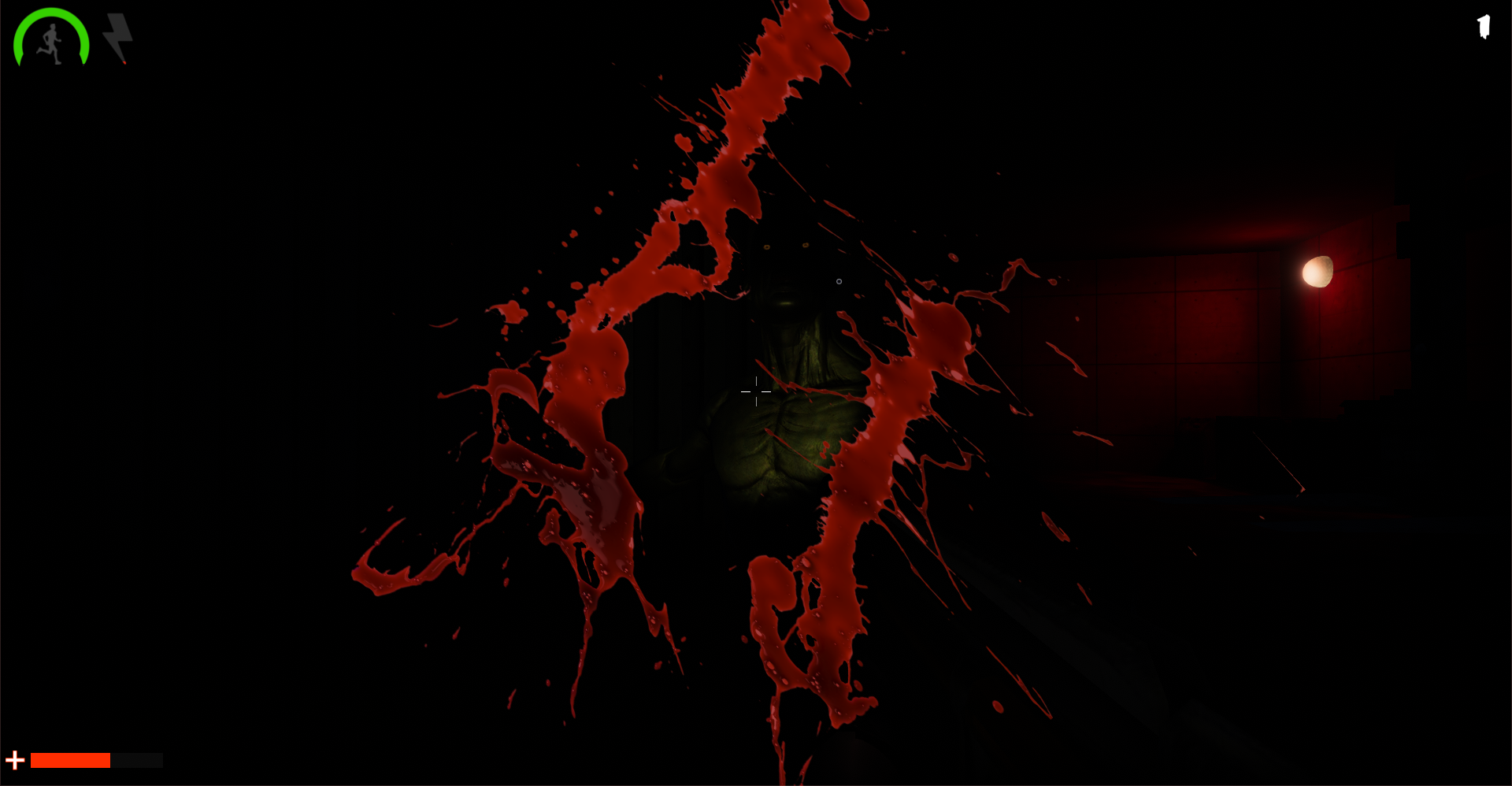
Not only did I learn new game development techniques, but after publishing the game I received valuable feedback. I learned from the people playing my game that the flashlight battery ran out too quick and that the level was too dark (especially for certain computer monitors).
I know everyone says that if you want to learn how to make games start with making lots of small games...well...that is because it's true! Starting and finishing lots of small games will teach you the most and help develop that crucial skill of teaching yourself how to solve problems.
4) Choosing the right idea
After I finished my free game Patient Zero, I wanted to do a longer project that I could possibly sell. I'd heard horror stories from other game developers where they'd choose a game with too big of a scope, work on it for a year or two, get discouraged, and then give up. I'd also heard of other game developers that worked on a game for 5 years only to find out when they sold their game nobody wanted to buy it.
I knew that making a full commercial game, that is financially successful, is incredibly difficult. Companies spend millions of dollars making games, only to have quite a few of them flop. I decided there is no guarantee for success, but there are some things I could do to give me the best chance to complete my goal: Finish a game in about six months to a year that people might pay money for.
Three questions to ask yourself
After doing some research I came across a great article by Ryan Clark the creator of Crypt of the NecroDancer. After reading that article, I decided to make a game that answered these 3 questions:
- Is it a game I can actually make?
- Is it something people will want to buy?
- Is it something I will enjoy making?
I spent several weeks brainstorming trying to come up with lots of different ideas, but none of them seemed to fit those three goals. Most of the ideas I had to turn down because they were games I knew I couldn't make with my current skill set (games requiring online multiplayer and all of the complications that come with that).
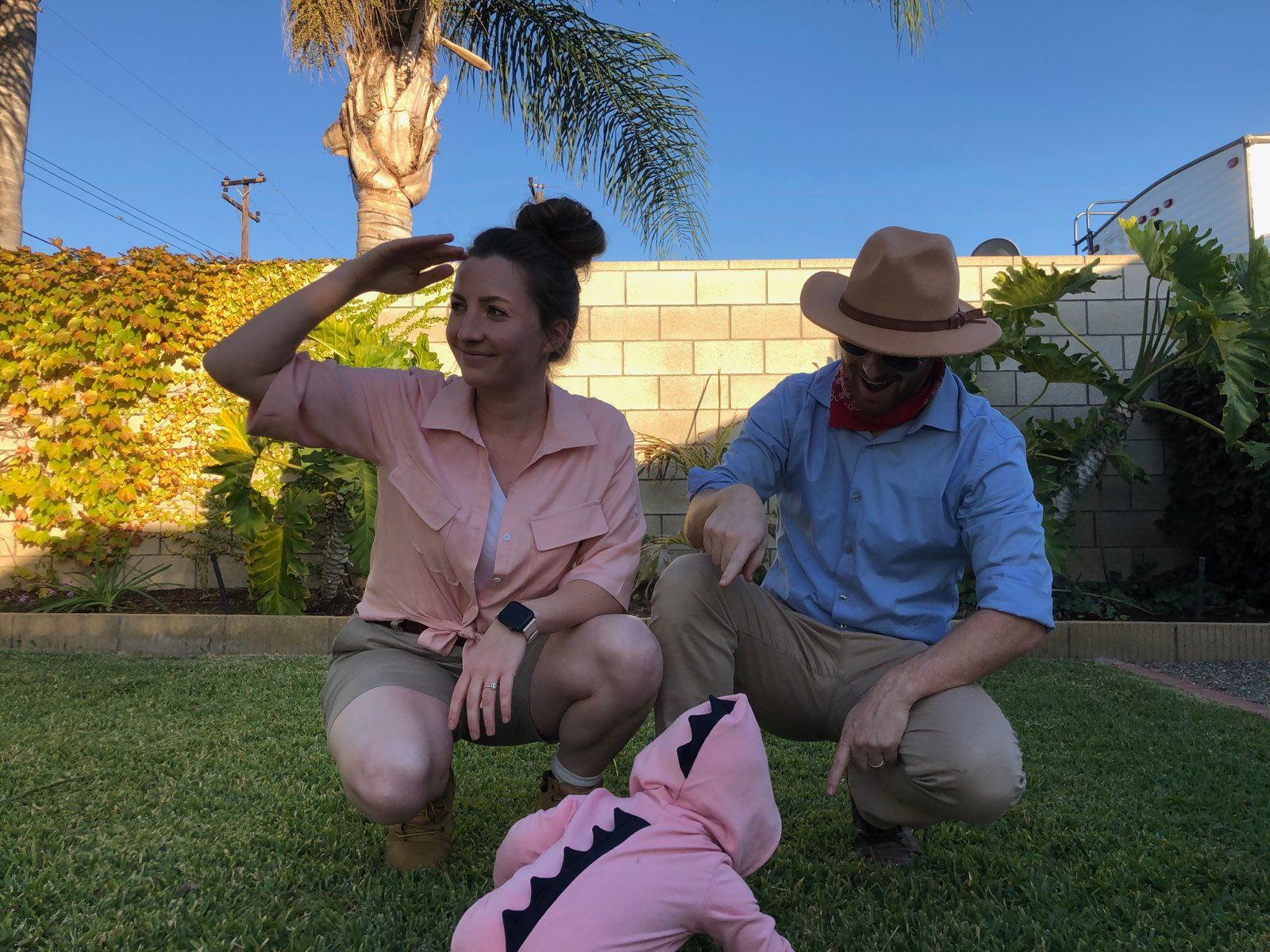
One day, around Halloween time, I was talking to my wife at dinner about my job as a real estate agent and the topic of house flippers came up. I was telling my wife about some funny stories I had heard about home flippers. That's when she told me I should make a game about that!
I did some research and saw there were a lot of house flipping games out there and the topic seemed to be pretty popular. I researched these games and found they'd sold a lot of copies as well. This led me to believe that there might be a market for a house flipping game!
Next, I came up with my first big idea for a house flipping game. It was set in a world you could explore that was full of homes you could buy, fix up, and then sell for a profit. My hook would be that you would be a sketchy house flipper that would fix up the homes the wrong way! The game would be totally ridiculous and have a cartoony look to it.
This sounded like something fun to make, I liked the art direction for it, and I thought that people would buy it. The only problem? I realized that this was something I didn't know how to fully make, and the game would take much longer than my goal of six months to a year. So what did I do? I cut my idea in half. I decided that maybe I should focus on just the first part of the house flipping experience: buying a house for a good price.
That's when I got my idea!
Sketchy House Flipper the Game
As a real estate agent, I have worked with quite a few investors that flip homes, so I know a lot about the process. One of the biggest secrets glossed over in those popular house flipping TV shows is that the most important thing in flipping homes is the purchase price. If you buy a home for a good deal you'll almost always make money. If you buy a house for a bad deal it'll be very hard to make money.
So how do you buy a home for a good deal in a game? Simple. If you have no morals, you sneak into the home, damage the home as much as possible, get out without getting caught, and swoop in to buy the home dirt cheap!
This is the premise of my new game, Sketchy House Flipper.
What is Sketchy House Flipper?
After brainstorming with some family friends, I decided that the game would be a blend of Untitled Goose Game meets Hello Neighbor with a little sprinkle of real estate. Sketchy House Flipper is a parody house flipping game where you are hired by a famous "Celebrity House Flipping TV Couple" to do their dirty work.
- Players will have to sneak around homes, garages, and backyards
- Find keys to unlock doors to new areas
- Complete the damage checklist given to you by the celebrity couple
- Get chased by sweet ol' grandmas, hungry to lay the beat down on the player for damaging their home
- Turn on TVs and radios in the home to distract the grandmas momentarily
- And most important of all...DON'T GET CAUGHT!
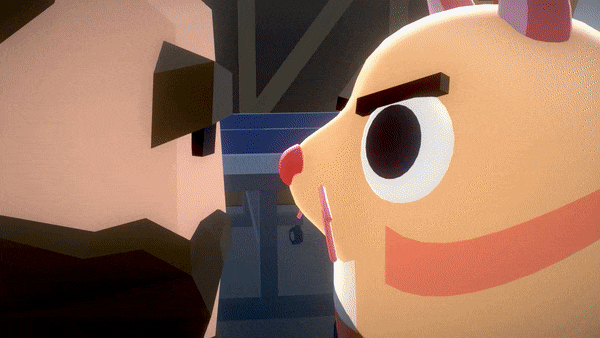
Conclusion
Thanks for making it all the way through! I hope these tips help at least one other future game developer who might be thinking that they can't make a video game because they don't know any programming or how to do any art. It doesn't matter if you don't have a background related to making video games. Even if you are busy with a full-time job, a family, and other life responsibilities - you can do it! If you follow the four steps, you can get going on your journey towards publishing your own game on Steam! I'm rooting for you! You got this.
If you enjoyed the article and want to see more updates on Sketchy House Flipper you can drop me a follow on Twitter. I try to post an update or two each week. You can also subscribe to the Sketchy House Flipper Newsletter Here to be the first to know about the free playable Prologue coming soon.
Click here to wishlist Sketchy House Flipper on Steam
Finally, I don't pretend to be a game developer wizard! I've only been making games for a year and half after all. However, if you have any questions or simply want some advice or motivation for getting started making games please feel free to email me at [email protected]
